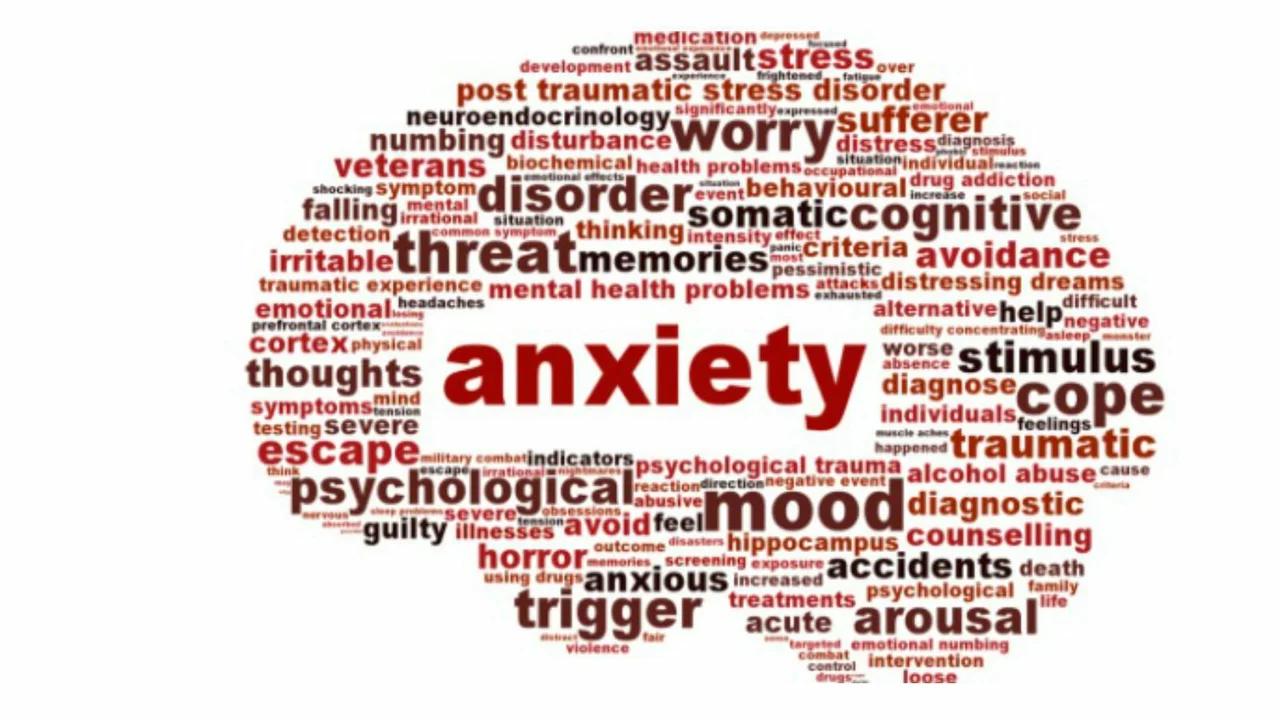If you live with a chronic condition or take daily medicines, small routines can make your days easier. Start by mapping problem moments: morning stiffness, midday fatigue, sleepless nights, or anxiety before appointments. When you name a specific challenge you can pick an exact strategy that fits your life.
Use simple breathing and grounding when anxiety spikes. Try box breathing: inhale four seconds, hold four, exhale four, hold four. Do three cycles and notice your heart slow. For sudden dizziness or nausea, sit and focus on steady breaths until the feeling passes.
For physical pain, pair movement with pacing. Short walks, gentle stretching every 30 minutes, and alternating activity with rest cut down flare‑ups. Try a 2‑minute neck roll, a seated hamstring stretch, or a micro‑walk at your desk—small moves add up without draining energy.
Make medication management practical. Use a pill organizer or blister packs, set phone alarms with pill names and doses, and keep a weekly log of side effects. Ask your pharmacist to review interactions and suggest timing (with food, after sleep) to reduce nausea or dizziness. If a med causes trouble, list exact symptoms and ask your prescriber whether to adjust dose, timing, or switch drugs.
Build a support plan that actually helps. Tell one trusted person what you need in clear terms: “Can you text me at 2 p.m.?” or “Do you have 30 minutes to sit with me after my appointment?” Specific requests get better results than general offers of help. Consider a backup contact for urgent needs and keep that info on your phone.
Sleep and routine matter more than you think. Set consistent bed and wake times, dim lights an hour before bed, and skip heavy meals late at night. Keep heat packs, a water bottle, and a small light within reach so you can handle pain or thirst without fully waking and losing sleep.
Carry a small kit: pill organizer, notepad, travel heating pad, and an emergency contact card. Use two daily alarms—one for meds, one for movement. Maintain a single calendar app for appointments, refills, and mood notes so patterns become obvious to you and your clinician.
If side effects limit daily tasks, mood drops for more than two weeks, sleep collapses, or you can’t manage basic care, contact your provider. Ask explicitly for a medication review, a social work referral, or mental health support. If insurance or refills confuse you, a clinic coordinator or pharmacist can explain next steps in plain language.
Keep one small joy every day—a cup of tea, a five‑minute podcast, or tending a plant. Those tiny, reliable moments build resilience without draining energy. Use the tools above, track what works, and adjust as life changes.

Taking Duloxetine can be challenging, but finding support is crucial for managing its side effects and ensuring its effectiveness. To find support, I recommend joining online forums and social media groups dedicated to mental health and Duloxetine users, where you can share experiences and advice. Additionally, talking to friends and family about your medication journey can help you feel less alone and more understood. Don't hesitate to reach out to your healthcare provider for any concerns or questions about Duloxetine. Lastly, consider joining local support groups or therapy sessions to connect with others facing similar challenges.
Flushing medications pollutes waterways and harms aquatic life. Learn why take-back programs are the safest disposal method, what medications should never be flushed, and how to properly dispose of old pills at home.
I recently came across some fascinating new research on the potential uses of Ticlopidine, a medication traditionally prescribed to prevent blood clots. Scientists are now exploring its potential in treating other medical conditions, such as Parkinson's disease and certain types of cancer. It's exciting to see how researchers are constantly pushing the boundaries of medical knowledge and discovering unexpected applications for existing drugs. I'll be keeping a close eye on the progress of these studies and will keep you all updated on any significant developments. Who knows, Ticlopidine could soon play a crucial role in the treatment of a whole new range of diseases!
As a migraine sufferer, I was intrigued to learn about the potential connection between Losartan and migraine prevention. Losartan, typically used to treat high blood pressure, has shown promise in reducing the frequency and severity of migraine headaches. This medication works by blocking a substance in the body that causes blood vessels to constrict, which is known to trigger migraines. While more research is needed, Losartan could potentially offer relief for those struggling with chronic migraines. As always, it's essential to consult with a medical professional before trying any new treatments.
A side‑by‑side look at Benicar (Olmesartan) versus other ARBs, covering efficacy, dosing, side effects, cost, and patient‑focused tips.
With Canada Pharmacy Plus being a popular choice for many seeking prescription medications online, it's worth exploring some fresh alternatives in 2025. This article highlights noteworthy Canadian pharmacies offering diverse medical supplies while discussing each option's advantages and drawbacks. By examining aspects like customer service and pricing transparency, this guide aims to provide a comprehensive look at where to get your medications hassle-free. Dive in to find which pharmacy might be your next best pick.